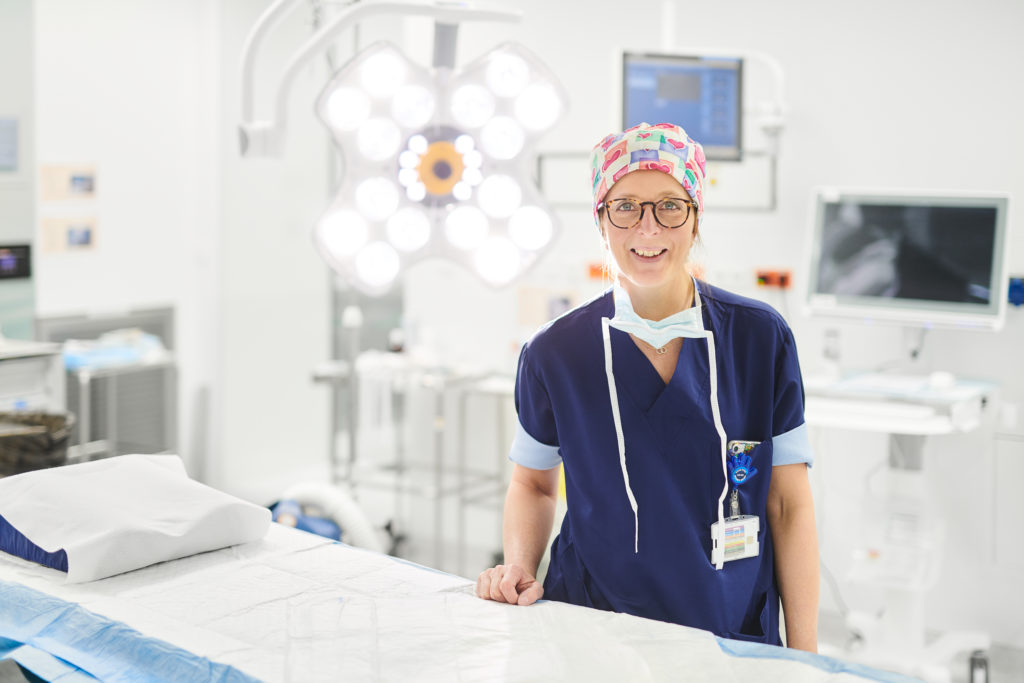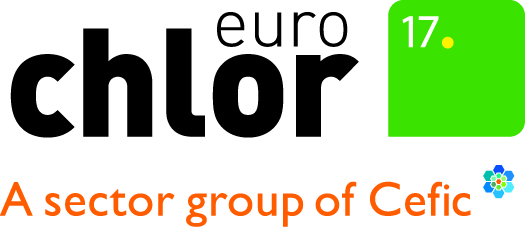17 Successes
The Surgeon
Olga always knew she wanted to be a surgeon. “At the age of six I would play the board game ‘Operation’ whilst my schoolmates were playing with dolls”.
A childhood spent with plastic tweezers and a cardboard patient was good training, it seems: A surgeon since 1999, Olga now specialises in gastrointestinal surgery and liver transplants. “In this hospital, we perform about 50 liver transplants per year, mostly in adults but also in children. Transplants are usually made with a section of liver from a living person - often a family member.”
On a typical day, Olga starts working at 7:30 and aims to finish at around 19:00. “My days are filled with digestive surgery and consultations. And then there are the nights...” Transplant surgery usually takes place at night and can involve 15 hours of delicate work. “This is a demanding job, with long hours and frequent night work. But there is no greater satisfaction than seeing an extremely ill patient recover after a transplant. Patients get on with their lives, some get married and have children.”
Olga has a teenage daughter of her own, with whom she tries to spend as much time as possible. And after hours spent in operating theatres likes to get out in the fresh air “I like to do sport to keep fit – it’s extremely important for the very busy life I lead.”
Chlor-alkali chemistry is essential in hospitals. Chlorine substances help keep the operating theatres clean (as hypochlorite) and in polyvinyl chloride (PVC), which is used to make strong, sterile blood bags.
Caustic soda (or ‘alkali’) is a key building block for Nylon, a strong material that is found in sutures (that sew us back together again) and artificial blood vessels.
There are over 1.6 million* medical specialists in Europe. They can rely on chlor-alkali chemistry to help repair our bodies.
Discover where else chlor-alkali chemistry helps to keep us healthy in this video.
*UEMS 2013 data

